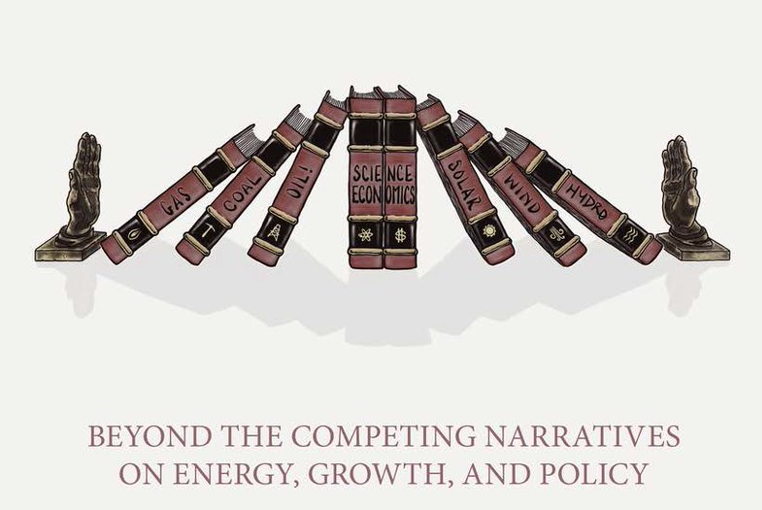Where does the oomph come from to overrule our own instincts? Tradition would say it comes from some psychic force called willpower, but this just names the phenomenon and postpones explanation. How is “willpower” implemented in our brains?64—Daniel Dennett (2003)
Psychologists and economists use the term discount rate to describe how people make decisions, within our brains, when there are multiple options that present benefits at different points in time. Do I want one dollar now or two dollars ten years from now? Largely driven by natural selection and perhaps some idea similar to the maximum power principle, humans tend to have “steep” discount rates indicating that we tend to select rewards that come sooner rather than later.
Dennett uses the story of Ulysses and the Sirens in Homer’s The Odyssey to demonstrate the link between willpower and the idea of the discount rate. The goddess Circe warns Ulysses that during his journey home, he will sail past the Island of the Sirens. The Sirens appear to have exquisite beauty and a sweet song that lures sailors to their shores. But on approach, the sailboats crash on the rocks, and the sailors remain on the island, unwilling to leave as they listen to the song of the Sirens until they wither and die.
…click on the above link to read the rest of the article…
